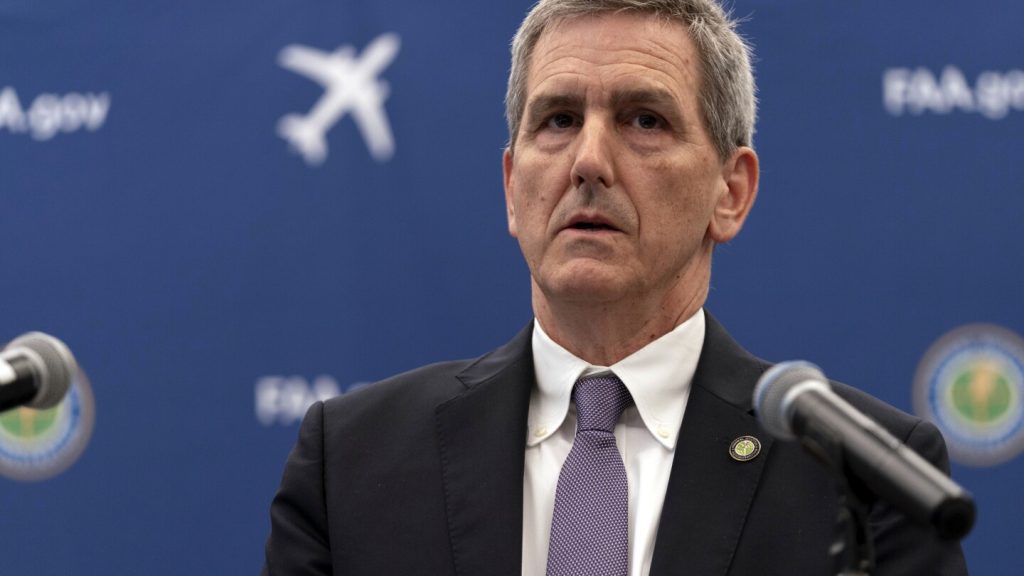Boeing officials met with federal officials to discuss their plan to improve manufacturing quality and safety, following a fuselage panel blowout incident in January. The Federal Aviation Administration chief, Mike Whitaker, praised Boeing’s comprehensive plan, which includes increased inspections and tighter controls over suppliers. Boeing CEO David Calhoun stated that the plan was developed in response to feedback from employees, the FAA, airlines, and independent experts. Calhoun emphasized the company’s commitment to executing the plan to enhance safety and quality within the industry.
The blowout incident on an Alaska Airlines Boeing 737 Max 9 aircraft led to investigations, damaged Boeing’s reputation, and raised concerns about manufacturing processes. Whitaker ordered Boeing to develop a detailed plan to improve quality and safety management, as well as encourage employees to report safety concerns. The FAA will continue to cap production of the 737 Max and closely inspect each plane before approval. The agency will also increase safety inspectors at Boeing and its key supplier, Spirit AeroSystems. Boeing may face criminal prosecution related to the Max crashes in 2018 and 2019, as the Justice Department accused the company of violating a settlement agreement.
Whistleblowers have raised concerns about Boeing’s shortcuts that endanger passengers, while a safety panel found shortcomings in the company’s safety culture. Most issues have been linked to the 737 Max, but Boeing and Spirit AeroSystems have also faced manufacturing flaws with the 787 Dreamliner. Boeing’s setbacks on other programs, including the Starliner space capsule, military tanker, and Air Force One jets, have impacted its reputation and financial performance. The company aims to regain the trust of regulators and the public by promoting a positive safety culture, enhancing worker training, and monitoring suppliers closely to prevent defective parts from reaching Boeing’s assembly line.
Boeing’s plan includes measures to reduce “traveled work,” improve worker training, and maintain quality control over suppliers. Preventing defective fuselages from being shipped to Boeing and addressing issues at the source are key priorities for the company. The recent blowout incident highlighted the importance of thorough inspections and quality control throughout the manufacturing process. Boeing is pushing to recover from its setbacks and restore its competitive position against rival Airbus. Production setbacks and quality issues have impacted Boeing’s ability to generate revenue and maintain market share.
In conclusion, Boeing is focused on implementing its Product Safety and Quality Plan to address manufacturing quality and safety issues following the fuselage panel blowout incident. The company’s commitment to executing the plan and improving its safety culture is crucial for regaining trust among regulators, the flying public, and stakeholders. By enhancing worker training, monitoring suppliers, and strengthening quality control processes, Boeing aims to prevent future incidents and rebuild its reputation in the industry. The collaboration between Boeing, federal officials, and regulatory bodies is essential for ensuring the safety and reliability of Boeing aircraft for passengers worldwide.


